Navigating Matriarchy, Motherhood, Womxnhood in this Day and Age By Lydia Querian
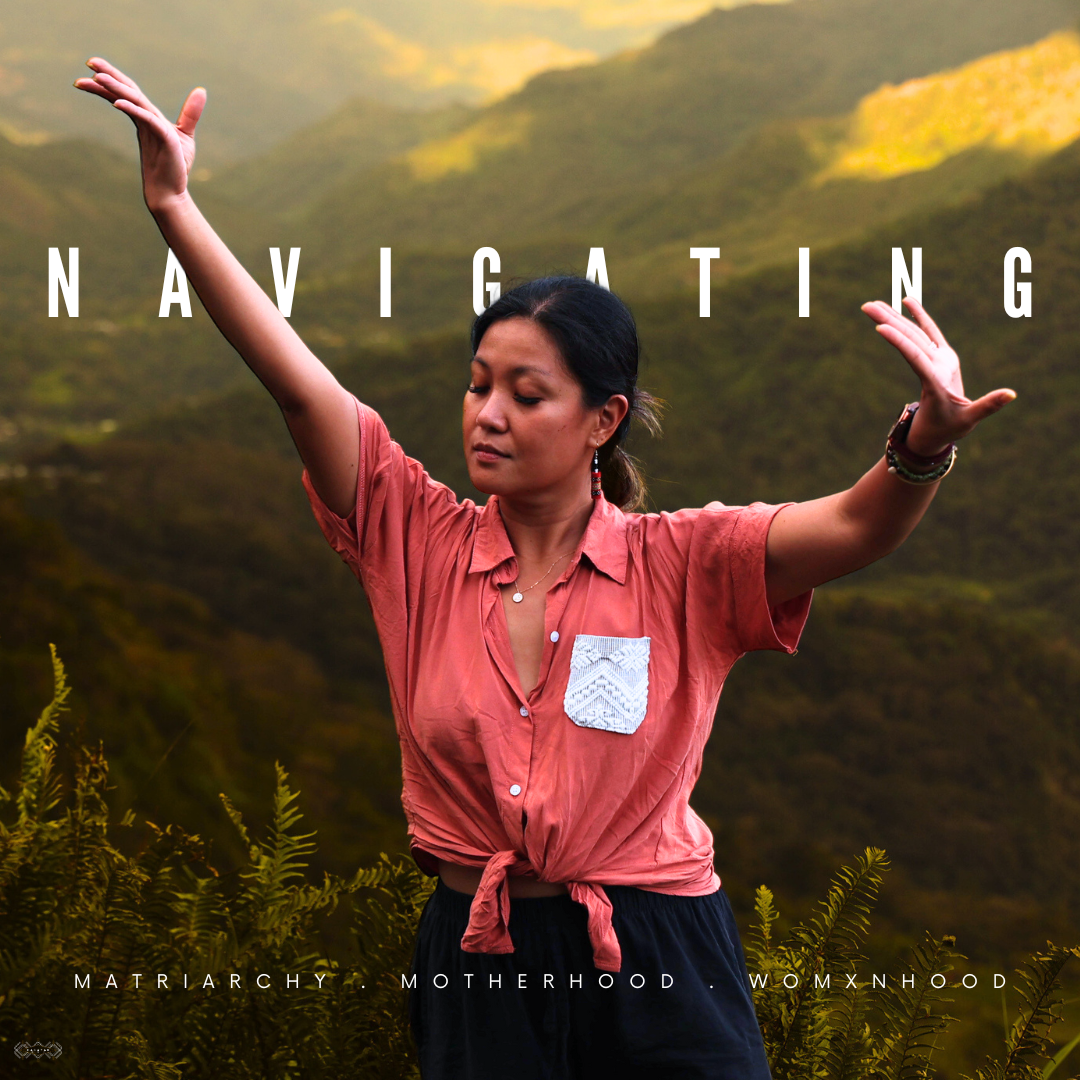
Navigating the complexities of womxnhood as a Filipinx/a in the diaspora is a multifaceted experience that is both eye-opening and challenging. As an immigrant, woman of color, an entrepreneur, and a mother, I am constantly balancing the survival of being in a western society with the ever evolving movement of womxn who are slowly re-indigenizing and decolonizing their ways in business practices, motherhood and birthing, overcoming the traumas of toxic masculinity and patriarchy within families, drawing boundaries and standing within your agency to choose for yourself, for your body, for your children as the parent/mother and as a partner. Womxn are more powerful than society presents us to be. Hopefully, this writing shares parts of my journey that might be familiar to your experiences and how my work has been influenced by these stories.
The Superwoman Expectation

Many of us grew up with the image of the superwoman archetype. In fashion, trousers were introduced to be worn by women in the late 20s and early 30s as a way to portray a working woman while also marketing products that dictate “hygiene” for women as a way to keep marriages and encourage intimacy. As of today, we see these products as part of our daily lives despite the harmful effects on our vaginal health.
In the late 90s and early 2000s, the "girl power" movement emerged, portraying the idea of a progressive and empowered woman excelling in her career, dominating relationships, and challenging “traditional” norms. Womxn and even girls are left thinking that they are more modern and powerful, but there are some truths and wisdom buried somewhere that are still needing to be unraveled.
This archetype can be exploitative, expecting women to exceed the limits of their mental, emotional and biological capacities. A popular meme captures this sentiment: "The world expects women to work as if they don't have children and raise children as if they don't work." This resonates deeply with me, especially since becoming a parent.
Many of us in the Filipinx community were brought up with the archetype of the "superwoman" as our role model. This superwoman is a caretaker, a breadwinner, a cultural keeper, and a resilient pillar of strength, all rolled into one. While the intent behind this image is to empower, it can often become a heavy burden losing the balance of the gender roles in families and communities. Society expects us to excel in all areas without acknowledging the extra effort and sacrifice that are inherent to simply being a woman, let alone a woman of color.
The lingering effects of the pandemic, and the harsh realities of a world marked by genocide, I find strength in having the agency to speak for myself, make informed choices, and embrace the delicate equilibrium of motherhood, guided by the wisdom of indigenous cultures.
Our bodies, Birth and Our agency over ourselves

Women today have the privilege of having the choice of not having children, which is a little less frowned upon than how it was a few generations ago where we are pressured into marriage, having children and becoming the “ilaw ng tahanan” that your “Maria Clara” influence has bestowed upon us. But did we really have a choice?
I got pregnant with my eldest in 2019, where there was a paradigm shift within my personal beliefs and the systemic and controlling medical and pharmaceutical system has dictated for so many decades. From how moon cycles have been ignored as just a part of womanhood to birthing and pregnancy being treated like a disease, there is a lot to say about the medical industry and how it has controlled our bodies. The pharmaceutical industry created a disconnection from our intuition in understanding our primal bodies which is a core indigenous wisdom that strengthened the resilience of our ancestors. Doctors and hospitals have profited from our fears and lack of knowledge about our bodies, about our natural biological beings and our ability to embrace pain, birth and creating life. The reality is WOMXN across many Indigenous communities, from many different geographies and belonging to many different cultures have been vessels and portals to transport the divine into a human form. This is the POWER that we have that is being erased by our patriarchal society because acknowledging our power is a threat to these industries.
Acknowledging our primal instinct is crucial in re-indigenizing our sacredness and power as womxn. I realize, we are mammals in nature and understanding the power of our bodies and creating the trust towards our ability to embrace natural essences of pain and movement within our bodies helps us understand how unnecessary medical interventions are that are driven by fear and inferiority complex.
Fast forward to growing and raising families of children, the society we all live in forces us to be separated from our families creating industries of education, childcare and the like that have broken many important bonds within families to fuel capital, businesses and industries. Add the growing industry of “self care” for women where we are forced to sign up in these commercialized healing programs that have separated us from understanding ourselves rather than leaning into our own power.
Don’t get me wrong, I have seen womxn of color sore through these atrocities and it’s beautiful to watch the growing awareness of understanding where we stand. Successes of WOC in business, entertainment and other industries have had my support and I am hopeful that this representation we are seeing could be a start of something that will develop more awareness of wisdom from our ancestors. But as a womxn, it is crucial to be critical, be vigilant in understanding whether these successes are dictated by race and gender controlling systems or it is a calling from within our bodies that generates change for our present society.
We have the power to bring life, create life and bring families and communities together. We are womxn and that is part of our power that we need to constantly recognize and remind ourselves of. We have the intuition and the capacity to lead like our pre-colonial ancestors did. We are warriors of our own, and we need to REMEMBER that.
Patriarchy, Masculinity and Gender Roles
Since becoming a mother to my two beautiful daughters, I have grappled with the many layers of our patriarchal society. These layers are not just external; they often run deep within our own families. I've had to learn to set boundaries with friends, social circles, and, most importantly, family members. The toxic masculine trauma that is sometimes perpetuated within our own homes is something I strive to shield my daughters from. It is crucial for them to understand their agency, to speak up, and to be critical thinkers. I want them to know their power as girls and, eventually, as womxn.
My mission now is to raise daughters who understand their value and their capabilities where certain aspects of lives become a practical skill rather than gender roles. I want them to grow up in a world where they can make choices freely—about their bodies, their careers, and their lives. This begins with the stories we tell them, the role models we present to them, and the opportunities we provide for them to learn and grow.
As a mother, consciousness of the gender roles that are often imposed on children from a young age. We strive to provide a home environment that is free from these constraints, where my daughters can explore their interests and express themselves without the limitations of gender stereotypes. Whether it's through the toys they play with, the clothes they wear, or the activities they engage in, I am mindful of promoting inclusivity and freedom of choice.
Our Narrative

Navigating womxnhood in this day and age as a Filipinx woman is an ongoing journey of self-discovery and advocacy. We are redefining, remembering and re-indigenizing what it means to be a womxn in a world that is often at odds with our own values and aspirations. As we break down the patriarchal structures that have historically held womxn back, we also pave the way for our daughters to thrive in a more equitable society.
Our communities and sacred spaces play a vital role in this journey. By connecting with other Filipinx women and womxn of color, we create a support network that empowers us to challenge societal norms and embrace our power with pride. It is through these connections that we find strength in numbers and validation of our experiences. Our shared stories become a source of inspiration and a call to action to uplift one another in all aspects of life.
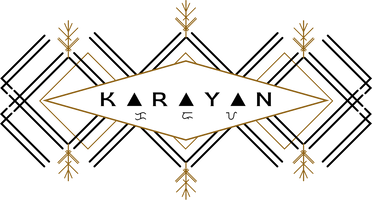
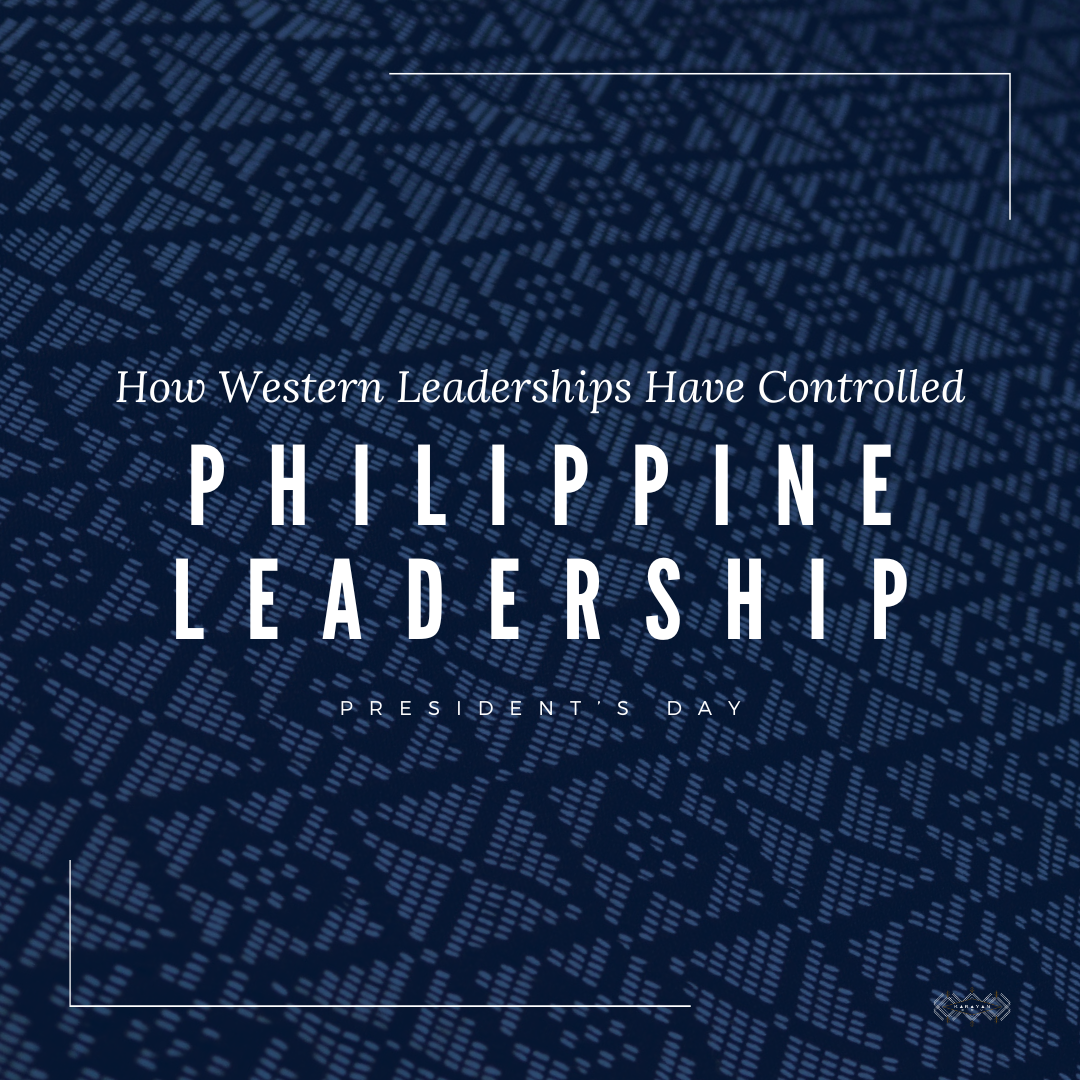
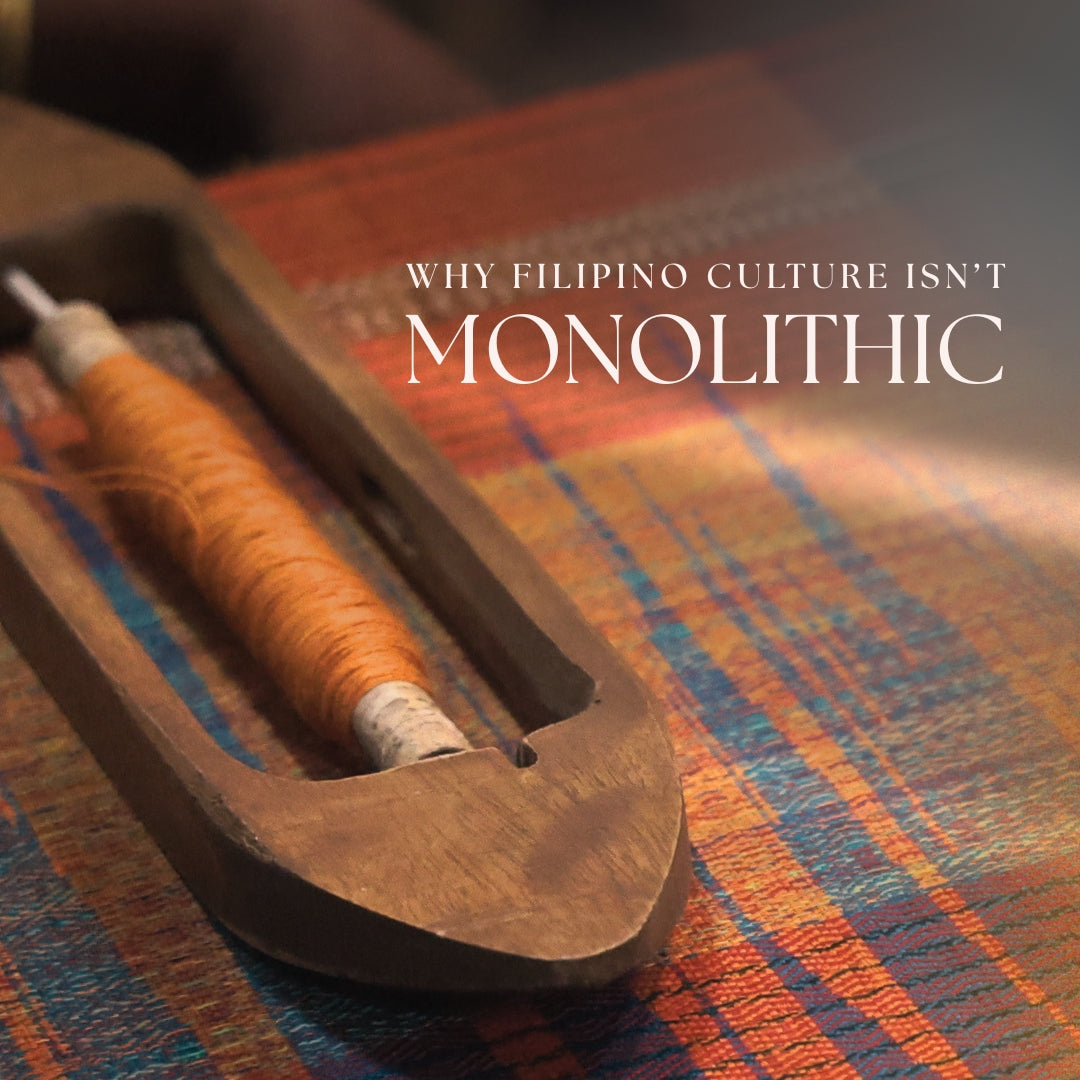
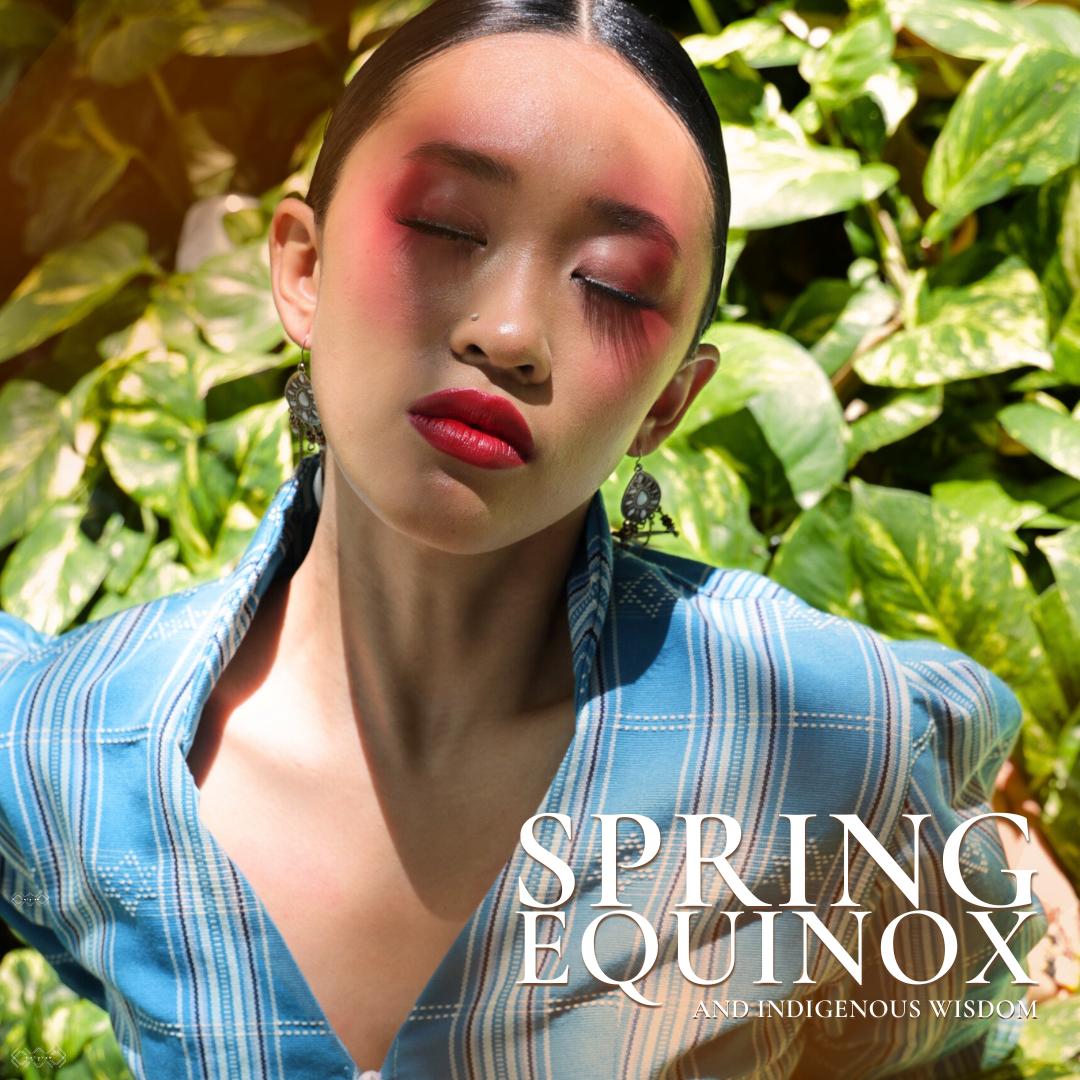
Comments